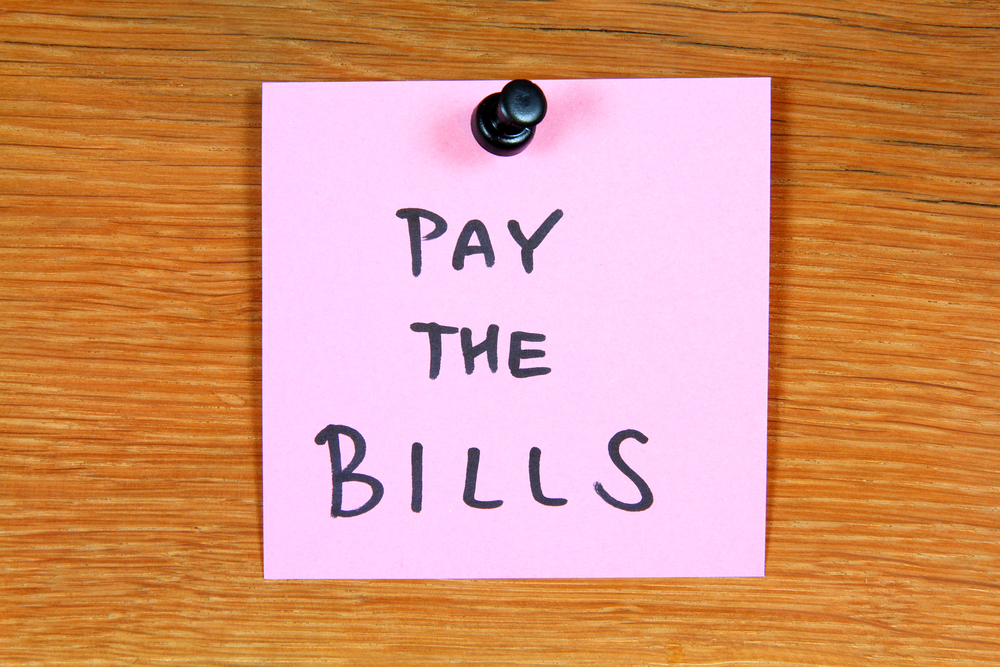Household Bills
From broadband to water – all the bills going up in April

The beginning of April is traditionally the time companies and organisations hike their prices – and this year is no exception.
From today, consumers will pay more for their broadband and mobile services, water, council tax, prescriptions, car tax and stamps.
Emily Seymour, consumer expert at Which?, said: “Which? research shows that as the cost of living crisis continues to bite, millions of households are missing essential payments – such as mortgage, rent and credit card bills – every month.
“As this new wave of price hikes take effect, now more than ever it’s critical that the government and essential businesses – such as telecoms firms, energy companies and supermarkets – do everything they can to support consumers and provide clear information on what support is available.”
Here are all the bills going up.
Broadband, phone and TV
Broadband prices are going up this month too. Virgin Media is putting up prices by 13.8% on average, BT and EE 14.4% and Sky an average of 8.1%.
Some households may be able to dodge the price hikes by negotiating with their supplier or, if eligible, switching to a social broadband tariff.
Council tax
At least 84 councils plan to raise council tax this year by the maximum permitted which is 4.99%.
Council leaders say they have no choice about bill increases because they need to balance the books and fund local services.
The bill hike means the average Band D property will face an annual £99 bill increase on average, although this will vary across the country. There are several ways you might be able to reduce your bill including claiming the single person discount and challenging which council tax band your home falls into.
Energy
Although the £2,500 Energy Price Guarantee has been extended until June, energy bills will rise from this week onwards. This is because the Energy Bills Support Scheme (£66 or £67 a month) finished at the end of March.
However, experts predict that bills could fall below £2,000 a year from July.
Mobile phones
All the big mobile networks have upped their prices, with most going up by more than the rate of inflation, and many providers upping prices mid-contract. Both O2 and Virgin Mobile have increased prices by up to 17.3%, Vodafone 14.4%, and Three by up to 13.4%.
You might be able to save on your mobile bills by switching to a SIM-only tariff, buying a refurbished phone, or only paying for the data you use.
NHS prescriptions
NHS prescription charges in England went up from £9.35 to £9.65 per item from 1 April.
You can save money with a NHS prescription pre-payment certificate (PPC) which covers all your prescriptions for a set time period. A three-month certificate costs £31.25, and a 12-month certificate £111.60.
Women on hormone replacement therapy (HRT) can now get a HRT PPC for which gives them access to a year’s worth of menopause prescription items for the cost of two single prescription charges (£19.30).
Stamps
From today, a 1st class stamp now costs £1.10p while 2nd class will cost 75p.
This is a 15p increase in the price of a 1st class stamp (previously 95p) and a 7p increase for 2nd class stamps (previously 68p).
Vehicle excise duty
Vehicle excise duty (VED) – road tax – will be uprated from April 1 by the rate of RPI inflation for cars, vans and motorbikes. VED for HGVs will remain frozen for the 2023/24 tax year.
The uprating was confirmed in the Spring Budget last month. VED rates have increased in line with inflation since 2010.
How much VED you pay depends on when your car was registered and its emissions. A car in VED band D with CO2 emissions of 121-130g/kg paid £150 a year in 2022/23 – this has now gone up to £165.
Water
Water bills will go up by an average of 7.5% this month, bringing the typical bill to about £450.
Exactly how much you will pay depends on how you pay for your water, where you live, and your water company.